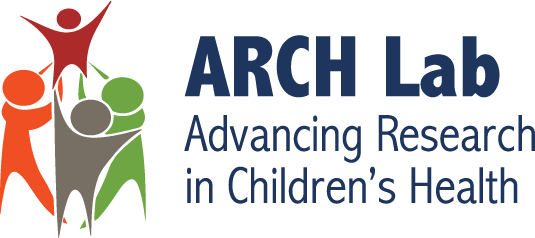In a collaboration with the COMPASS team, a new paper was published, titled “Stronger together: Coping behaviours and mental health changes of Canadian adolescents in early phases of the COVID-19 pandemic” in BMC Public Health. Due to the global concern related to the mental health of adolescents as a result of the COVID-19 pandemic and consequent public health restrictions, this paper examined how Canadian adolescents coped during the early pandemic. Authors specifically examined whether different coping methods were associated with changes in mental health from before the pandemic to the early lock-down response.
Using data from the COMPASS study, researchers were able to link data pre-pandemic to pandemic from youth involved in the longitudinal study. Overall, they found the use of positive coping mechanisms during the early pandemic period (e.g., keeping a regular schedule, time with family, time with friends online) was associated with less adverse mental health changes from before to during the early lock-down; whereas, negative coping mechanisms (e.g., spending time alone, eating junk food) were consistently associated with more adverse mental health changes.
The authors note that this study demonstrates the importance of social support and connections with both friends and family, as well as keeping and maintaining a routine, over the pandemic. This knowledge is important, as interventions supporting positive relationships and engagement in these coping behaviours may be protective for adolescent mental health during other, future disruptive events.






